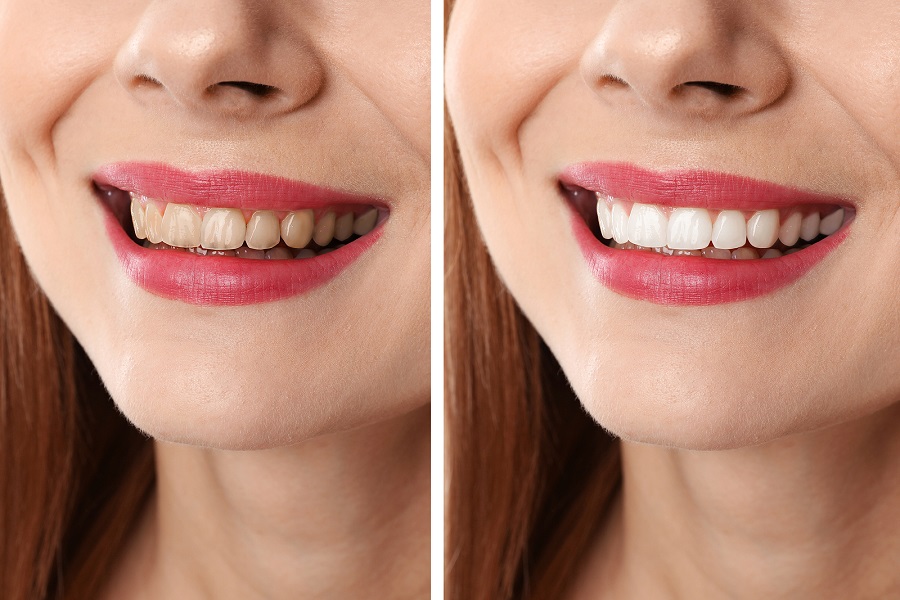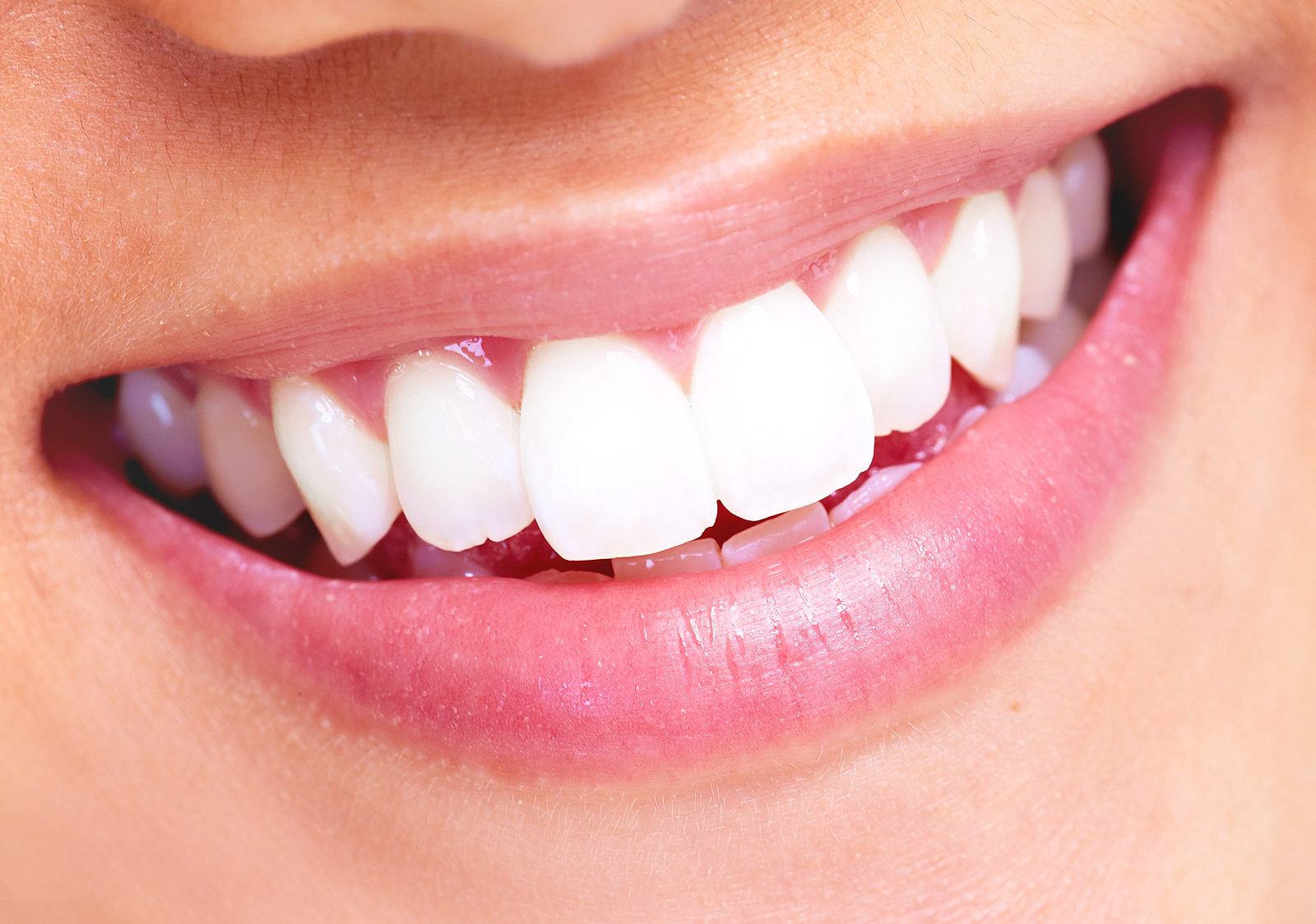ARE YOU CLENCHING YOUR TEETH FROM STRESS?
If you wake up feeling like you’ve gone ten rounds in the boxing ring, teeth grinding — also known as bruxism — may be the culprit. A sore jaw and tingling mouth means that you’ve been clenching your teeth all night. Perhaps you’re getting tension headaches in the afternoon? Daytime teeth-grinding leads to the kind of muscular tension that brings on all that head pain. Stress is often the cause of teeth clenching. Not only is it uncomfortable, but it can lead to dental problems. Learning how to cope with stress and anxiety can help you bust your bruxism for good.
SYMPTOMS OF STRESS-RELATED BRUXISM
Catching yourself clenching your teeth while awake is one obvious sign that you need some de-stressing. Headaches that arise later in the day is another. For night-time tooth-grinders, greeting your day with jaw pain is classic “wake up” call that you have a grinding and clenching problem. Your dentist is likely to point out additional side effects of bruxism. Teeth-clenching and grinding can have a detrimental effect on your oral health. Potential dental problems related to bruxism include tooth sensitivity, damage to previously-done dental work, gum damage, and worn-down enamel.
HOW TO STOP CLENCHING YOUR TEETH
Stopping bruxism isn’t a one-size-fits-all endeavor. What might have worked for a friend won’t necessarily work for you. That’s especially true with the grinding and clenching caused by stress. Often, people who grind their teeth need to learn not only how to break the habit of the teeth-clenching, but also how to cope with stress and anxiety. Chances are, a combination of de-stressing, habit-breaking methods will work for you, rather than just one magic formula. Potential solutions range from dental intervention designed to stop physical bruxism causes, to relaxation techniques that address the underlying cause.
ENLIST YOUR DENTIST’S HELP
If you have misaligned teeth, you may have developed an unconscious habit of “biting around” the problem. Braces or night retainers may help correct the alignment issue. Poor alignment also sets up a vicious cycle of wearing down teeth, which in turn causes grinding and improper mouth closure. In that case, getting an overlay, crown or other dental work done can not only save your teeth, but cause less tooth-clenching. For overnight teeth-grinding issues, a mouth guard is often recommended. Very simply, these help stop your teeth from making contact with one another. For some people, it also helps break the unconscious habit of grinding, because it will disrupt the usual “satisfaction” that your muscles get from the action. And even if the attempted grinding continues as you sleep, the dental damage will be minimized.
SOOTHE YOURSELF AT HOME
It may be a cliche, but physical exercise is an important part of easing frazzled nerves. On days when you don’t have time for even a quick walk, you can at least shake off your teeth-clenching habit. Open and close your mouth continuously for a couple of minutes, or move your jaw from side to side. In addition, apply a warm washcloth to your aching jaw. This home remedy relaxes sore muscles, and in turn the impulse to do more teeth clenching. Drinking plenty of water delivers similar results, by swelling jaw and gum tissue for additional cushioning.
EXPLORE RELAXATION THERAPY
You don’t have to shoulder the burden of learning to relax by yourself. Regular treatment can help you feel less anxious — not just during the session, but long-term. Massage treatment isn’t just for pampered wealthy people. It’s a time-honored technique for releasing tension from your muscles, which in turn is emotionally soothing. This type of therapy is often less expensive than you think, and may even be covered by insurance. Another well-regarded treatment for stress and anxiety is acupuncture. Seek a specialist in this ancient medicinal art with experience in both muscle relaxation generally, and bruxism specifically. There are particular nerve pathways that can theoretically be opened that help you with both stress and its side effect of teeth-grinding.
STRESSING OUT OVER STRESSING OUT?
If you feel like a failure at easing your anxiety, you’re not alone. Many people find that worrying about the dental damage their bruxism is causing makes it that much harder to relax. But don’t give up! Eventually, your stress-busting habits will pay off. And if you just can’t seem to get over the hump by yourself, ask your general practitioner if medication or talk therapy might help. In the meantime, treat yourself to all of the relaxation and you can. Your mental health — and dental health — is worth all of the effort you put into self-care.






















0 comments